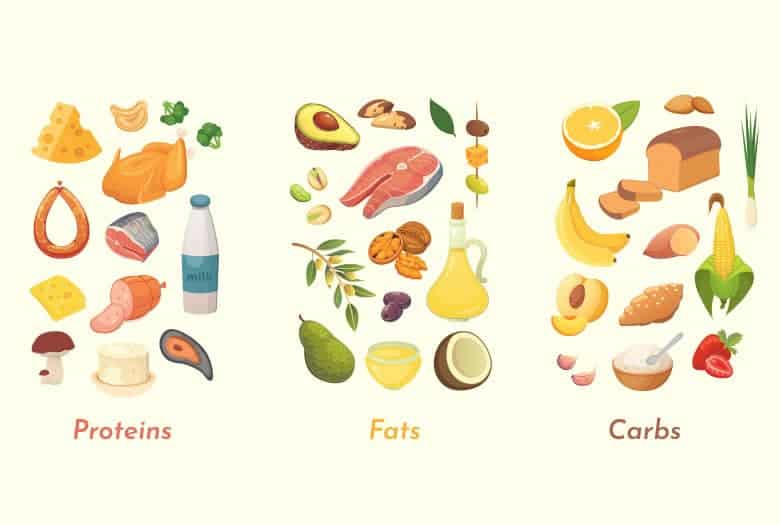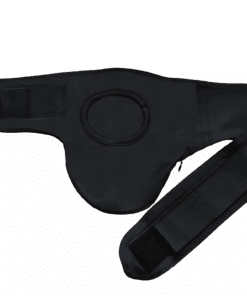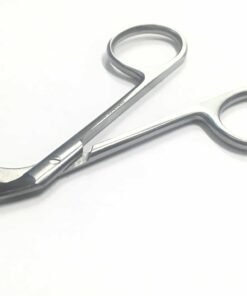Stoma Care
Stoma and Food
Does your stoma have varied affects depending on what you eat?
Eating habits can indeed have different effects on your stoma, especially for individuals who have undergone ostomy surgery (colostomy, ileostomy, or urostomy). The stoma is the part of the intestine that is brought to the surface of the abdomen to create an opening for the elimination of waste. Adjusting your eating habits can help minimize potential issues and ensure a smoother experience with your stoma.
Here are some general dietary guidelines to consider:
1. Chew your food well: Chewing food thoroughly helps with digestion and may reduce the risk of blockages near the stoma.
2. Eat smaller, more frequent meals: Consuming smaller meals throughout the day can help regulate bowel movements and prevent excessive gas or output.
3. Stay hydrated: Drinking plenty of water is essential for keeping your body and stoma healthy. Aim for at least 8 cups of water per day, unless your healthcare professional advises otherwise.
4. Introduce new foods gradually: When trying new foods, introduce them slowly and in small amounts to assess how your body and stoma react.
5. Monitor gas-producing foods: Some foods may produce more gas in your digestive system, leading to increased output or ballooning of the ostomy pouch. Common gas-producing foods include beans, cabbage, onions, carbonated beverages, and beer. Keep track of how these foods affect you, and adjust your intake accordingly.
6. Pay attention to odor-causing foods: Certain foods may cause an unpleasant odor in the ostomy pouch, including fish, eggs, and some vegetables. If this is a concern, consider limiting or avoiding these foods.
7. Monitor foods that may cause blockages: Some foods, like nuts, seeds, corn, and certain raw vegetables, may not break down easily in your digestive system and could cause blockages. Be cautious when consuming these foods and always chew them well.
8. Consult with a healthcare professional: If you experience issues with your stoma, such as persistent irritation or unusual output, consult your healthcare provider or an ostomy nurse. They can provide personalized guidance on adjusting your eating habits to better accommodate your stoma.
Keep in mind that everyone’s body is different, and individual reactions to various foods can vary. It’s essential to monitor your body’s response to different foods and make adjustments as needed to maintain a healthy and comfortable stoma.







